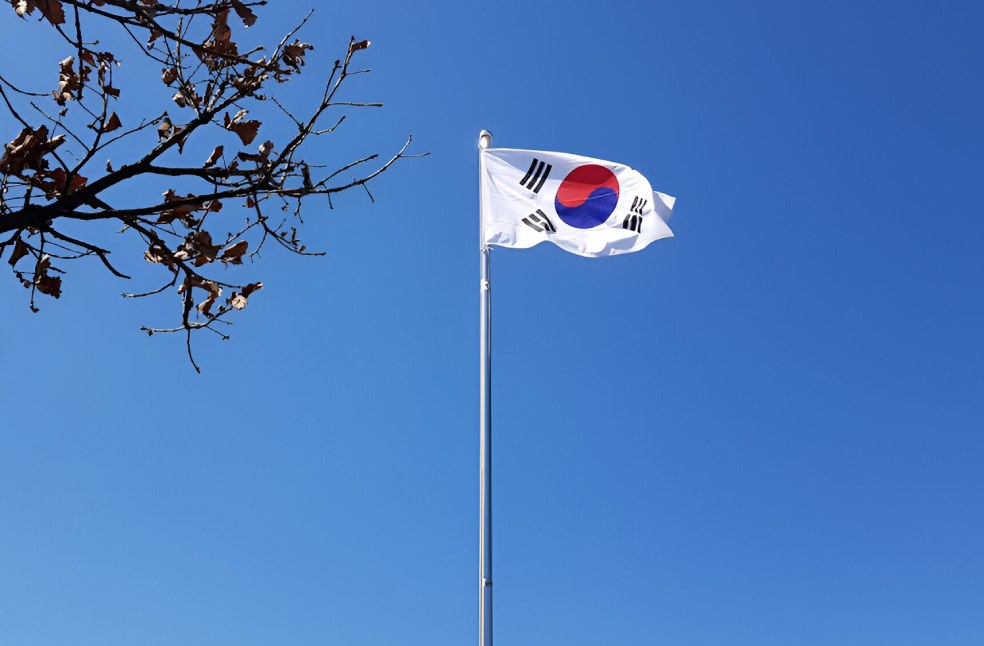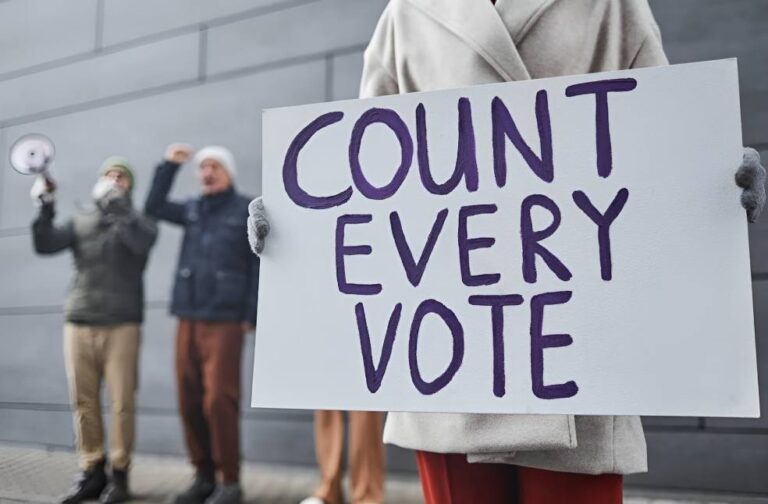Seoul: South Korea will hold a snap presidential election on June 3 to replace Yoon Suk-yeol, who was ousted from office after his controversial declaration of martial law, the country’s acting president announced.
Prime Minister Han Duck-soo, currently serving as acting head of state, said the government coordinated with the National Election Commission and other agencies before selecting the date. Han Duck-soo stated that, “We considered the need to ensure smooth election operations and allow sufficient time for political parties to prepare.”
The announcement follows a unanimous ruling by South Korea’s Constitutional Court, which upheld the legislature’s impeachment of Yoon. The former president, elected in 2022, was found to have overstepped his constitutional authority by shortly imposing martial law last December in response to what he described as political obstructionism and “anti-state forces.”
Yoon’s declaration — which saw soldiers confront lawmakers inside the National Assembly — triggered a nationwide backlash, stirring memories of South Korea’s authoritarian past. The martial law order was swiftly overturned by lawmakers and withdrawn by Yoon within hours.

Under South Korean law, a presidential election must be held within 60 days of a president’s removal. The early election sets the stage for a high-stakes political contest with months of turmoil. Lee Jae-myung, leader of the opposition Democratic Party, is widely considered the front-runner despite facing multiple corruption-related trials.
Han Duck-soo will remain in charge as acting president until a new leader is elected. The political uncertainty comes at a critical moment for South Korea’s economy, which heavily relies on exports. U.S. President Donald Trump last week announced sweeping 25 percent tariffs on South Korean imports under his “liberation day” trade package. While semiconductors were exempted — covering major firms like Samsung — the nation’s auto sector has taken a major hit.
Automobiles remain South Korea’s top export to the United States, accounting for 27 percent of all shipments in 2024 with a record bilateral trade deficit of $127.8 billion.
In response, Trade Minister Cheong In-kyo has flown to Washington to seek tariff relief, as Seoul scrambles to protect its manufacturing base during a time of domestic political transition.



